HFCs have an unnatural effect on Earth
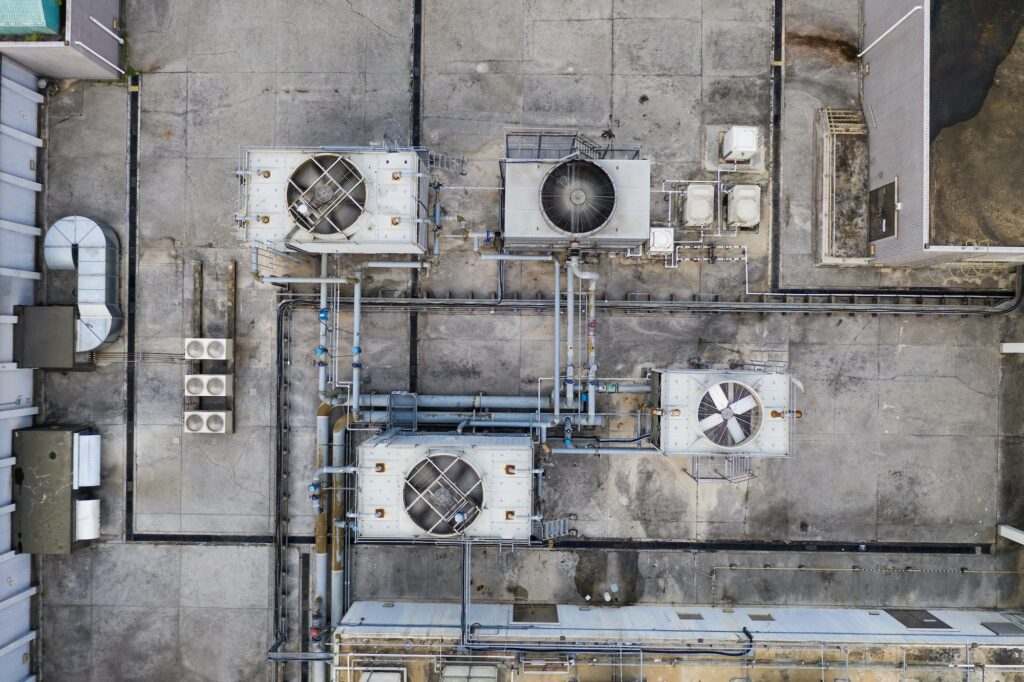
Man-made molecules such as hydrofluorocarbons (HFCs) have a significant impact on the climate and air quality. HFCs are a type of greenhouse gas that are used in a variety of applications, including refrigeration, air conditioning, and insulation. They are considered to be extremely potent greenhouse gases, meaning that they have a much greater warming effect […]
Abandoned Gulf Oil Pipelines
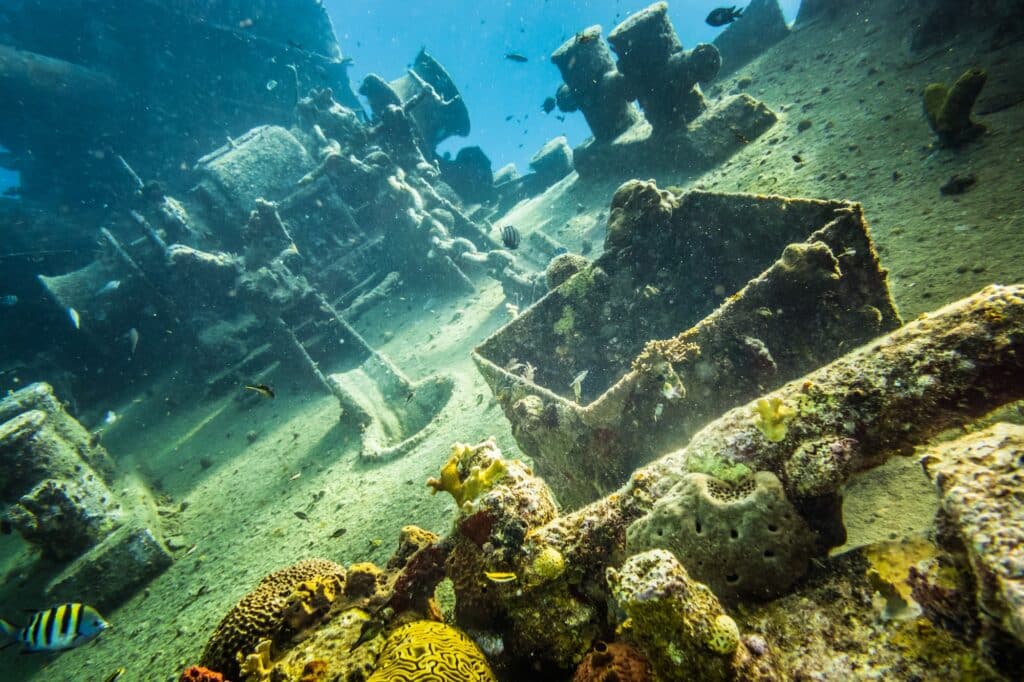
Many underground oil pipelines and oil industry equipment in the Gulf of Mexico are at risk of rupture and leaking due to age, abandonment, and lack of maintenance. There are over 26,000 miles of pipelines on the seafloor of the Gulf of Mexico, and the majority of these were constructed in the 1950s and 1960s, […]
Keeping 1.5 Alive and What That Means
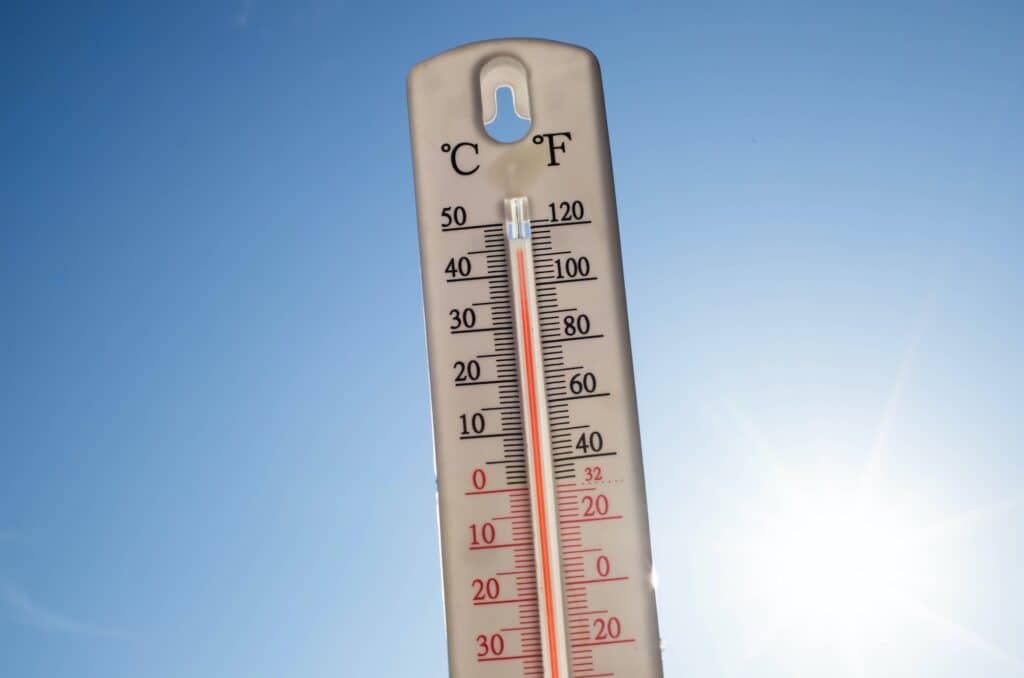
There is a broad scientific consensus that allowing global temperatures to rise above 1.5 degrees Celsius (2.7 degrees Fahrenheit) would have significant – and potentially catastrophic – consequences for the planet and its inhabitants. The Intergovernmental Panel on Climate Change (IPCC) has stated that limiting global warming to 1.5 degrees Celsius above pre-industrial levels is […]
Climate Literacy is Education

Climate literacy refers to the knowledge and understanding of the Earth’s climate system and the ability to make informed and responsible decisions about the causes and consequences of climate change. Climate literacy includes an understanding of the basic science of climate change, as well as the impacts of climate change on different sectors and regions, […]
Businesses Utilizing Hydrogen, Wind, and Solar Energy
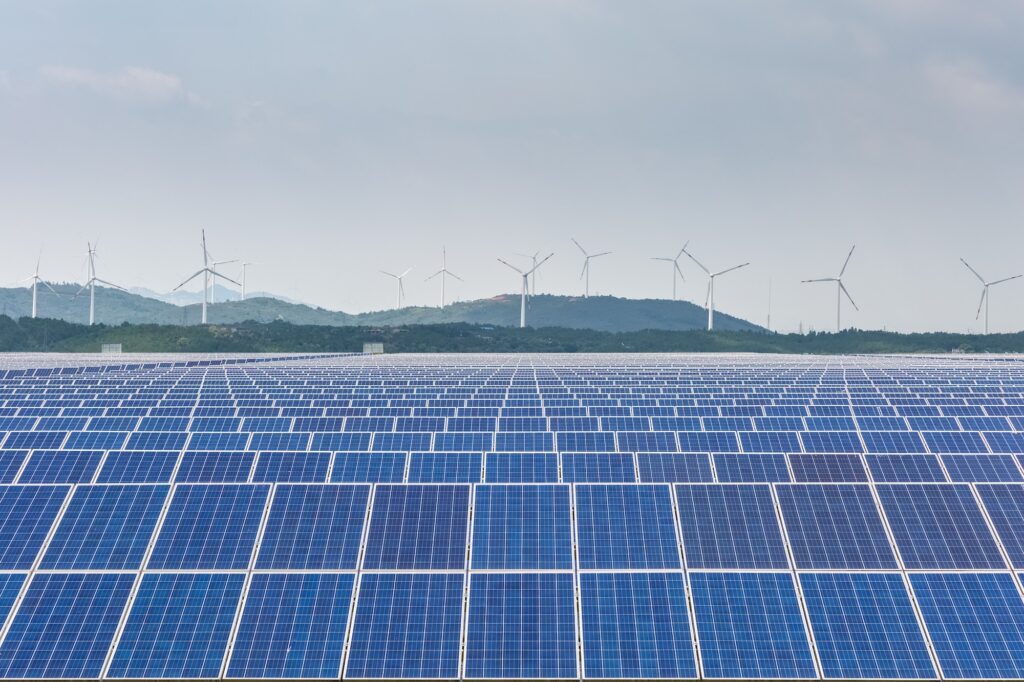
Innovation in hydrogen, wind, and solar energy is aiding in the battle against climate change in a variety of ways.
Coal Energy is Diminishing
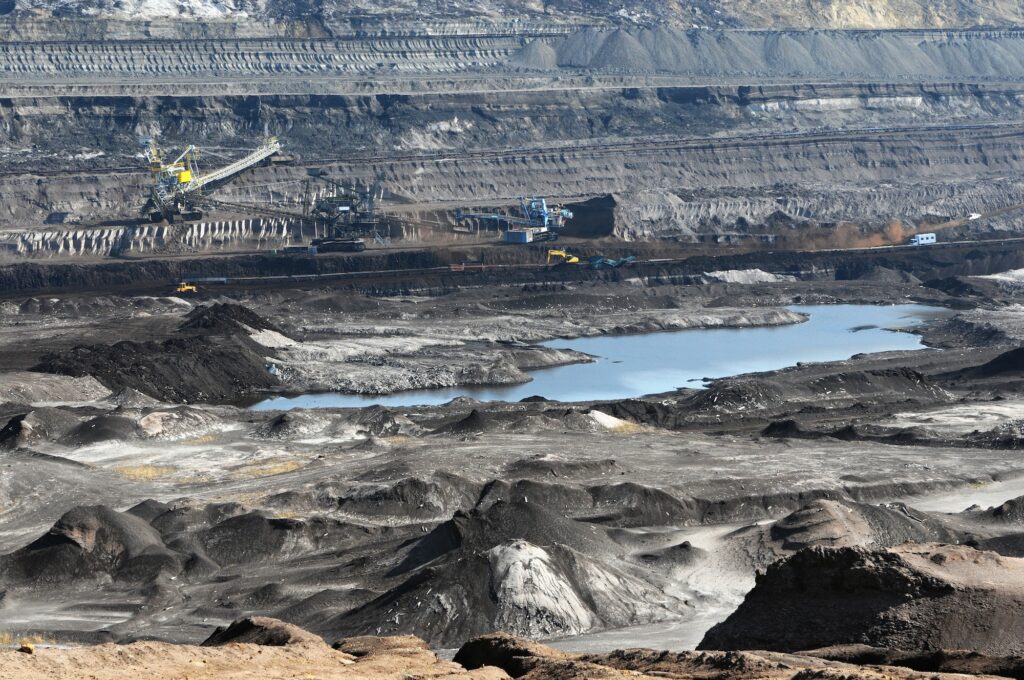
Around the world, countries are changing the way they use coal, for better or for worse.
How Artificial Intelligence can Helps Humans Understand the Risks of Climate Change

Artificial intelligence (AI) has the potential to help people to better understand the risks of climate change by providing insights and recommendations based on data analysis, and also by providing interactive tools to communicate and monitor the climate. Artificial intelligence (AI) can help people to understand the risks of climate change in several ways:
Why the Natural Resources Defense Council is so important
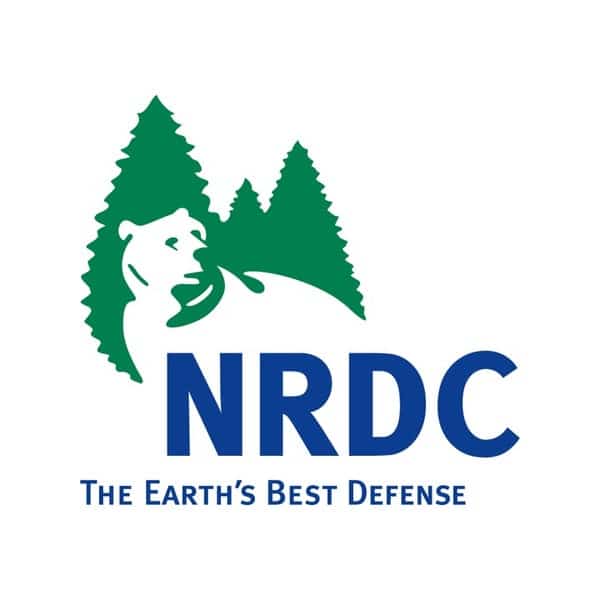
The Natural Resources Defense Council (NRDC) is a non-profit environmental advocacy organization that was created in 1970.
